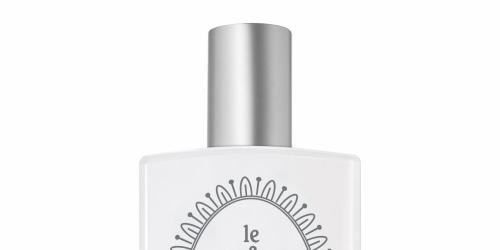While we may be used to seeing pumpkin in lattes, pies and breads in the autumn, this humble vegetable also boasts a range of health benefits, making it a great option to inject fresh, seasonal produce into your diet.
Containing a whopping 19 vitamins and minerals - including antioxidants - and filling fibre, pumpkin is a healthy and nutrient-dense food you can eat in a variety of ways. Here, Tiffany DeWitt, dietitian at global healthcare company Abbott, uncovers six surprising health benefits of pumpkin and some simple ways to enjoy both the flesh and seeds.
Fill Up With Fibre
Pumpkin is a great source of fibre, with three grams in every cup (approximately 225g). Incorporating fibre can help you feel fuller for longer, so it can help you get from one meal to the next. Other benefits of fibre include:
Improved Memory and Concentration
Pumpkin is an excellent source of lutein, recognised for its role in eye health. Lutein can also improve cognitive function, including learning, memory, concentration and focus.
In fact, supplementation of lutein and another carotenoid called zeaxanthin may help improve visual processing speed, according to a study in the journal Archives of Biochemistry and Biophysics.
A Stronger Immune System
Pumpkin is an excellent source of vitamins A, C and zinc, all antioxidants that strengthen the immune system. Pumpkin also contains beta-carotene, an antioxidant plant pigment that gives pumpkin its bright orange colour.
For Sharper Eyesight
Thanks to the beta-carotene and carotenoids it contains, pumpkin may help reduce the risk of chronic eye diseases, including age-related eye degeneration and cataracts.
To increase your daily intake of vitamin A, you can easily add one cup (approximately 225g) of cooked, mashed pumpkin to your daily smoothie or morning oats. One serving alone packs more than 200 percent of your recommend daily intake of vitamin A – an essential nutrient for eye health.
A Stronger Heart
Pumpkin seeds are a good source of phytoestrogens, plant-derived compounds that when incorporated into a healthy diet and lifestyle, have been shown to manage cholesterol and improve heart health.
Better Sleep and Mood
Pumpkin seeds in particular are an excellent source of tryptophan, an essential amino acid that is converted to serotonin, a chemical associated with healthy sleep and happiness. Since the body cannot make tryptophan on its own, pumpkin seeds are an easy, versatile way to add it into your diet.
If you want some inspiration on how to enjoy your pumpkin this autumn, check out Tiffany’s top tips below:
o Cut pumpkin into cubes and sprinkle with cinnamon and nutmeg
o Mix pumpkin with other root vegetables like butternut squash
o Roast pumpkin seeds with your favourite seasonal spices
o Make a healthy smoothie with unsweetened almond milk, pumpkin purée, banana, vanilla essence and ice
o Roast pumpkin before puréeing it, adding stock or milk and seasoning to make a healthy soup
o Add pumpkin purée to bread, pancakes or waffles
o Use as a substitute for butter or oil in brownies
o Throw toasted pumpkin seeds onto porridge, salads or on sautéed green vegetables
o Have a handful as a healthy snack


